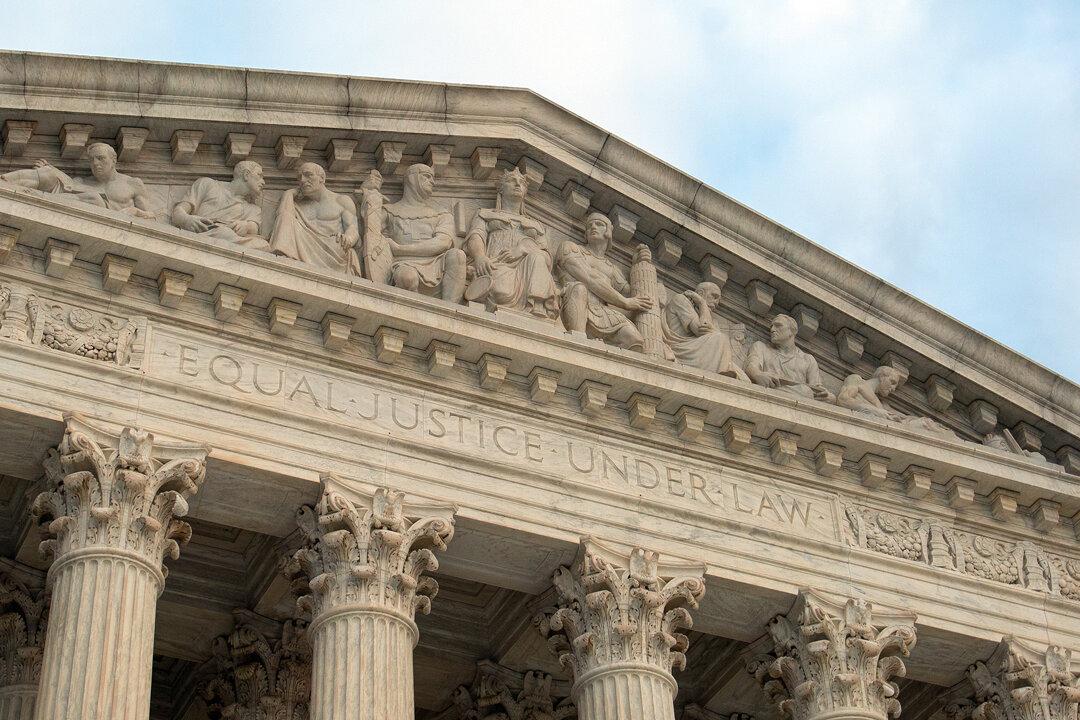The Trump administration and a coalition of states led by Republicans are asking the U.S. Supreme Court to wait on reviewing a lawsuit challenging the Affordable Care Act (ACA), also known as Obamacare.
The U.S. House of Representatives and state officials from a coalition of blue states asked the high court in a pair of appeals in January to take up the case and review a lower court’s decision in the court’s current term. They said the court’s expeditious consideration is necessary because of the uncertainty the lower court’s decision has on health insurance and the health care marketplace, as well as for millions of Americans who have purchased coverage under Obamacare (pdf).




